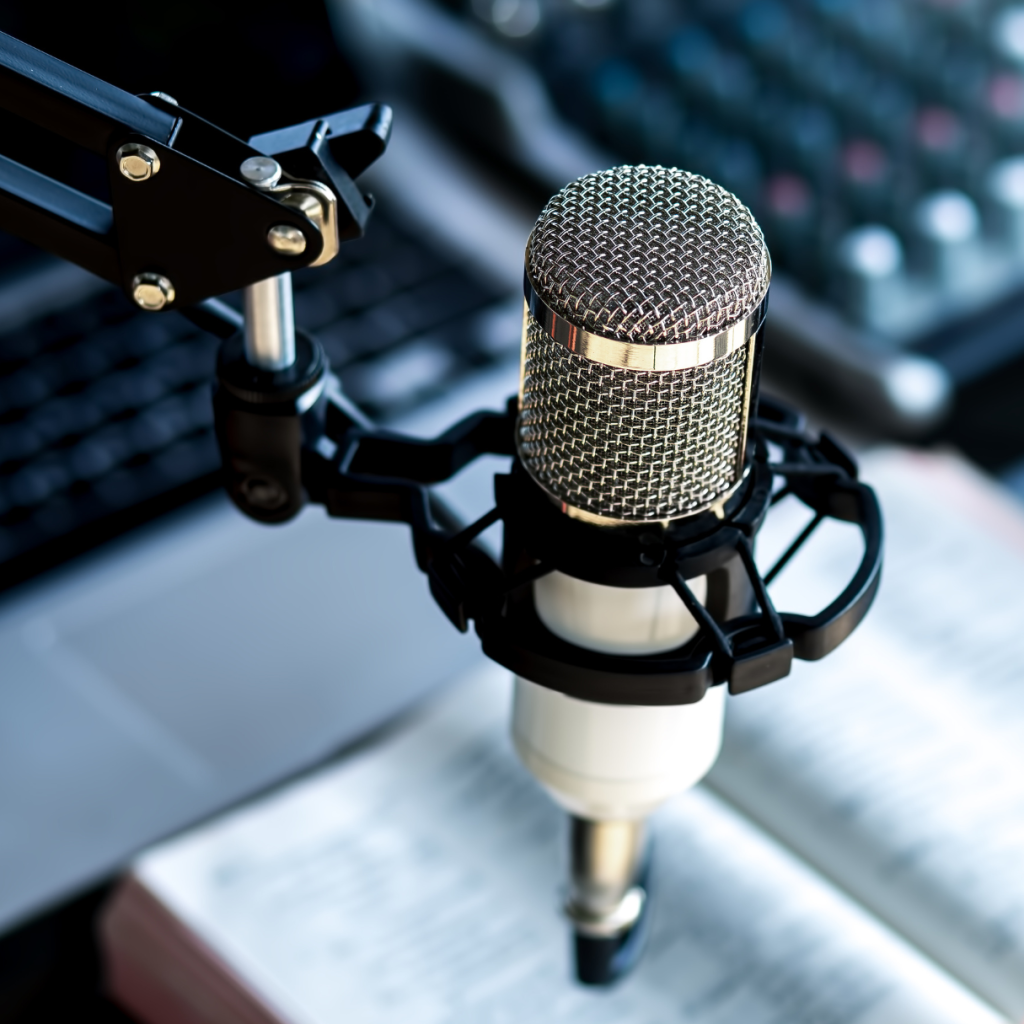We are entering a new era regarding news and information gathering and processing.
As the 2024 election looms, it is increasingly harder to trust traditional sources of news which are increasingly backed by large conglomerates with political agendas. Moreover, as AI advances and becomes more accessible, what is real and what isn’t is much more difficult to distinguish.
Celebrity culture is crumbling. Although there are rich and famous people who are well intentioned, it is becoming more transparent to the masses that many influential people are either driving an agenda of their own or are simply just morons.
Over the past 10 years and certainly since 2020, podcasters and other independent creators on what may be termed “new media,” have become increasingly important in terms of how we gather information and process it.
The recent changes to X, formerly known as Twitter, such as much less suppressed posts and the ability to post long-form content, have opened a revamped and accessible platform to many voices who don’t necessarily have technical or media-based skills. I would argue even if you are not a fan of X, the newly opened up platform has pressured other social media platforms to alter their restrictive algorithms and manage the free flow of information better for everyone.
Regarding podcasts, according to Backlinko, there are over 464 million podcast listeners worldwide. The average listener spends about 7 hours per week on podcast apps. Episodes between 20 and 40 minutes seem to dominate the field. Listenership transcends gender, with women slightly edging out men 48% vs. 43%.
Established podcasts are poised to be a major factor in the American 2024 election. Podcasts can be listened to “on demand” to fit the listener’s schedule and do not require the audience’s complete attention. You can listen to a podcast while you are pretty much doing anything.
This may be why certain campaigns are getting their candidates on podcasts and new media. The RFKjr campaign has been very aggressive in this regard. This may explain why his numbers are weaker with older age groups who still get their information almost exclusively from legacy media such as cable news.
Trump has been on podcasts although what might have been his true participation level is hard to gauge since much of his time has been occupied with legal entanglements. Biden, who needs to reach younger demographics, has been seemingly hesitant to the idea of making the podcast rounds. Some of his critics would argue that he has tried to avoid engaging with any type of media.
My opinion and analysis of this is that currently, a mix of new and old media is necessary to help a campaign. Older demographics may not spend much time with new media, but they most certainly vote. That being the case, marketing and advertising efforts needs to include legacy media.
Also, as with traditional advertising such as radio, I am still a believer that it can be effective although the strategy has changed. Radio and TV are good for branding and getting your name out there.
Once the name recognition begins to kick in and people start doing searches, that is when the role of a solid plan for online content is of paramount importance. The digital media needs to be abundant and engaging and this need is easily filled with well produced podcasts.
I would only add that I would not limit myself to any type of media or news source. Listen to various opinions and analysis, don’t limit yourself to what fits your own disposition.
A great way to widen your information horizon is with a podcast. This is especially true of podcasts produced by independent creators. They are the ones who built the medium. It may be well worth your while to find some good ones.


